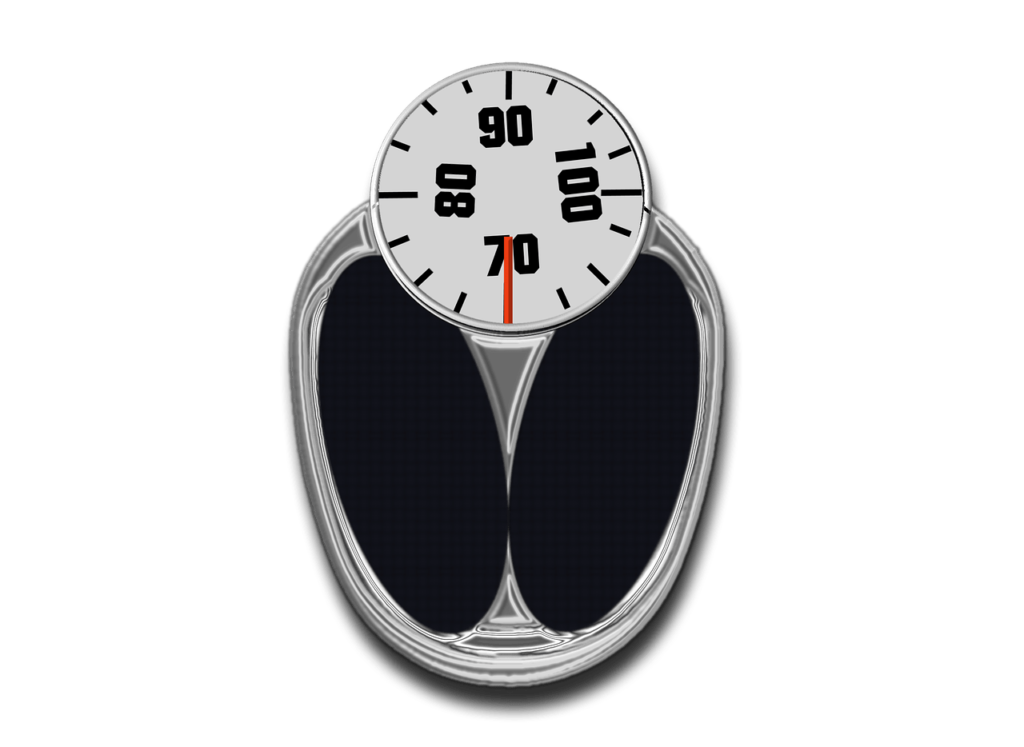Are you aware of the strong connection between obesity and heart disease? It’s a relationship that cannot be overlooked as studies have consistently shown that obesity increases the risk of developing heart-related health conditions. Not just that, but it also contributes to the onset of other diseases such as diabetes. This article will shed light on the significant link between obesity and heart disease, emphasizing the importance of maintaining a healthy weight for optimum cardiovascular health.
In This Article
ToggleObesity and Heart Disease

This image is property of pixabay.com.
Overview of Obesity
Obesity is a condition characterized by excess body fat accumulation. It occurs when the calorie intake exceeds the amount of calories burned. This imbalance can be caused by various factors, including a sedentary lifestyle, poor dietary choices, genetics, and certain medical conditions. Obesity not only affects physical appearance but also poses significant health risks, particularly for the heart.
Overview of Heart Disease
Heart disease refers to a range of conditions that affect the heart’s ability to function properly. These conditions include coronary artery disease, heart attacks, congestive heart failure, and arrhythmias, among others. Heart disease is a leading cause of death worldwide and has a profound impact on individuals’ quality of life.
Prevalence of Obesity
Obesity has reached epidemic proportions globally, affecting people of all ages, genders, and socioeconomic backgrounds. According to the World Health Organization (WHO), over 650 million adults and 340 million children and adolescents were obese in 2016. The prevalence of obesity has more than tripled in the past four decades, creating a major public health concern.
Prevalence of Heart Disease
Heart disease is also alarmingly prevalent, with millions of individuals affected worldwide. According to the American Heart Association (AHA), cardiovascular diseases accounted for approximately 17.9 million deaths globally in 2019. The rise in obesity rates has contributed significantly to the increasing prevalence of heart disease, making it a major global health issue.

This image is property of pixabay.com.
Obesity as a Risk Factor for Heart Disease
Obesity is a well-established risk factor for the development of heart disease. Excess body fat, especially when distributed around the abdomen, increases the risk of developing conditions such as high blood pressure, high cholesterol levels, and type 2 diabetes. These are often referred to as metabolic risk factors, and they significantly elevate the risk of heart disease and other cardiovascular complications.
Mechanism of Obesity-Related Heart Disease
Obesity leads to a series of physiological changes in the body that contribute to heart disease development. The excess accumulation of fat cells releases hormones and chemicals that promote inflammation, insulin resistance, and atherosclerosis, a condition in which the arteries become hardened and narrowed. Over time, these factors can lead to the formation of blood clots, reduced blood flow to the heart, and ultimately, heart disease.

This image is property of pixabay.com.
Obesity-Related Heart Disease in Adults
In adults, obesity-related heart disease manifests in various forms. The most common is coronary artery disease, which occurs when the coronary arteries supplying blood to the heart become narrowed or blocked, leading to chest pain, heart attacks, and potentially fatal complications. Obesity also increases the risk of heart failure, arrhythmias, and stroke, all of which can have dire consequences on an individual’s health and well-being.
Obesity-Related Heart Disease in Children
Unfortunately, the impact of obesity on heart disease is not limited to adults. With the rise in childhood obesity rates, there has been a concerning increase in obesity-related heart disease among children as well. Obese children are more likely to develop conditions such as high blood pressure, high cholesterol, and insulin resistance. These conditions put them at a higher risk of developing heart disease at a younger age, setting the stage for a lifetime burden of cardiovascular complications.

Consequences of Obesity-Related Heart Disease
The consequences of obesity-related heart disease can be severe and life-altering. Heart attacks, stroke, and heart failure can lead to disability or premature death. These conditions limit individuals’ ability to carry out daily activities, impact their quality of life, and impose a significant emotional and financial burden on families and society as a whole. Additionally, obesity-related heart disease often requires long-term medical management, medications, and costly interventions such as surgical procedures and cardiac rehabilitation.
Prevention and Treatment of Obesity-Related Heart Disease
Preventing and treating obesity-related heart disease requires a multi-faceted approach. A combination of healthy eating habits, regular physical activity, and lifestyle modifications are essential to prevent obesity and reduce the risk of heart disease. This includes adopting a balanced diet rich in fruits, vegetables, whole grains, and lean proteins, while limiting the intake of unhealthy fats, sugars, and processed foods. Regular exercise, such as brisk walking, swimming, or cycling, helps maintain a healthy weight, strengthens the heart, and improves overall cardiovascular health. In cases of severe obesity or when lifestyle modifications are insufficient, medical interventions such as weight-loss medications or bariatric surgery may be considered under the supervision of healthcare professionals.
In conclusion, the link between obesity and heart disease is clear and concerning. The prevalence of obesity, coupled with its detrimental impact on heart health, highlights the urgent need for public health initiatives and individual action to combat this growing problem. By promoting healthy lifestyles, educating the population about the risks of obesity-related heart disease, and providing adequate resources and support for prevention and treatment, we can strive towards a healthier future for generations to come. Remember, your heart health is in your hands, and by making conscious choices, you can take control of your well-being and reduce the risk of obesity-related heart disease.
Related posts:
 Understanding the Link Between Weight and Fertility
Understanding the Link Between Weight and Fertility
 Understanding the Link Between Weight Loss and Eating Disorders
Understanding the Link Between Weight Loss and Eating Disorders
 miNATURALS Sugar Free Psyllium Husk Powder (420g – 70 Servings – Berry Flavor) – Supports Digestive Health, Weight Management, and Heart Health – All-Natural Fiber Supplement
miNATURALS Sugar Free Psyllium Husk Powder (420g – 70 Servings – Berry Flavor) – Supports Digestive Health, Weight Management, and Heart Health – All-Natural Fiber Supplement
 Understanding the Relationship Between Weight and Self-Esteem
Understanding the Relationship Between Weight and Self-Esteem
 Managing Diabetes and Reducing the Risk of Kidney Disease
Managing Diabetes and Reducing the Risk of Kidney Disease
 Menopause Relief Jewelry Set for Women: Lymphatic Drainage Bracelet, Arthritis Pain Bracelet, and Rhinestone Link Bracelet – Perfect Gifts for Mom and Friend
Menopause Relief Jewelry Set for Women: Lymphatic Drainage Bracelet, Arthritis Pain Bracelet, and Rhinestone Link Bracelet – Perfect Gifts for Mom and Friend











No comment yet, add your voice below!